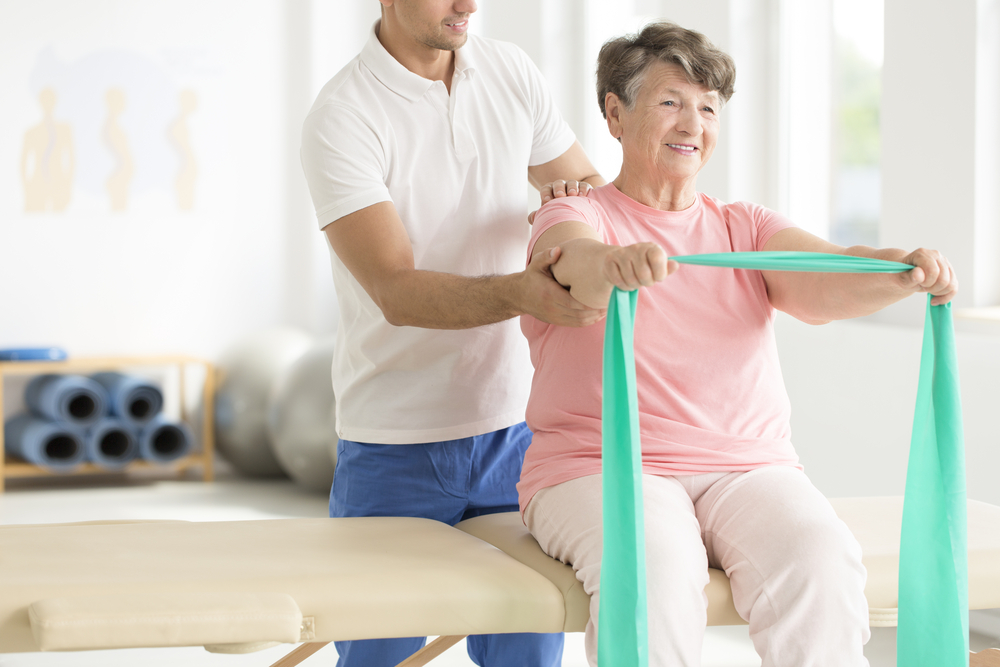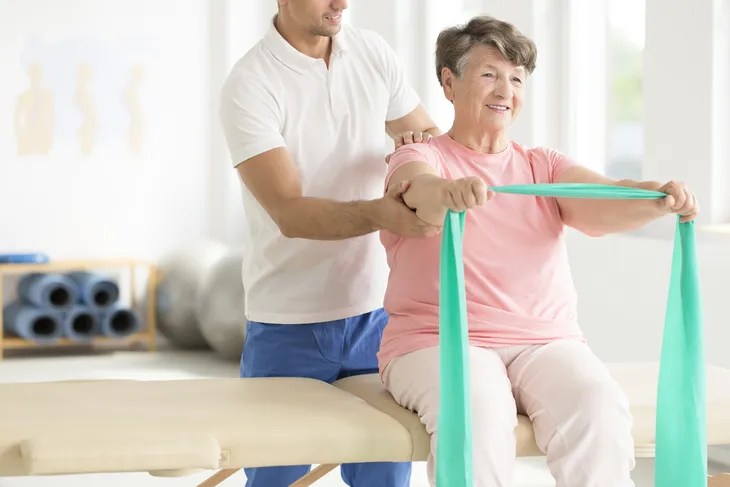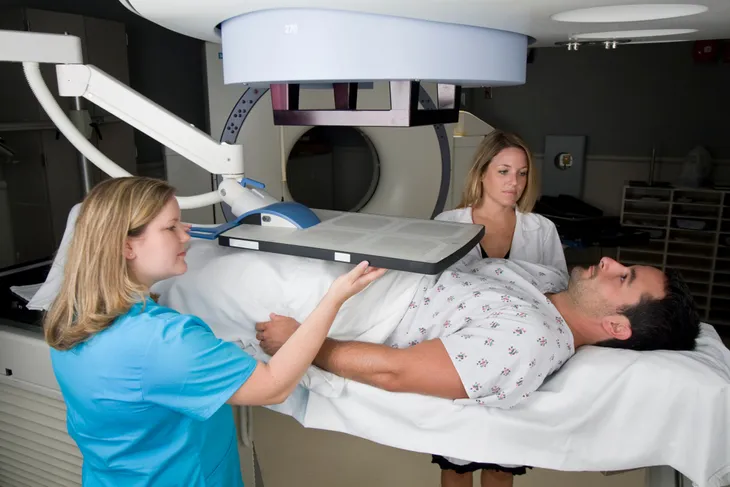Undergoing any type of surgery is tough on the body, and even more so if it’s for serious conditions, such as cancer. But getting in shape before surgery – known as prehabilitation – can significantly improve patients’ recovery, for example by reducing how long they need to stay in hospital afterwards.
We conducted a review of the current research on prehabilitation in cancer surgery, looking at 15 studies in total. We wanted to know what effects certain prehabilitation programmes had on three different outcomes from cancer surgery. These included how long patients remained in hospital after surgery, their physical function (measured by how far they could walk in six minutes) and whether they had complications or died following surgery.
The programmes we investigated were grouped into three main types depending on whether they offered either exercise or nutrition advice, both, or a combination of the two alongside psychological support. Patients did a variety of different types of exercise, including aerobic exercise (such as cycling or running), resistance training (such as squats or lifting weights) and HIIT (high-intensity interval training).
For some people the exercises were supervised by a sports scientists or physiotherapists, while some worked through the programme on their own. The programmes lasted between one and four weeks.
We weren’t able to determine in detail how each specific programme affected patients compared to others. But our research did show that in general, getting in shape before surgery improved patients’ recovery, in particular shortening their hospital stay. Getting in shape was the most important factor, showing that many different programmes can be used and tailored to each patient.
Different benefits
Many different factors can affect how well a patient recovers from surgery, including a patient’s age, the type and severity of their cancer and even the surgeon’s skill. But we also found that getting in shape before surgery may impact how well people with certain types of cancer recover from surgery.
We showed that people with liver and pancreatic cancer responded particularly well to prehabilitation. These patients were shown to stay on average two days less than patients who instead had regular pre-surgery care (such as generic exercise and nutrition advice, or information of what to expect from surgery).
We also showed that some types of cancer may benefit less from prehabilitation – particularly more common types, such as colorectal and bowel cancer. While our review showed getting fit before surgery somewhat shortened hospital stays and improved physical function after surgery for these types of cancer, overall the effect wasn’t that significant compared to people who had regular pre-surgery care. More research will be needed to see whether certain programmes may be more beneficial for these types of cancer over others.
The good news is that the effects of prehabilitation are likely to be seen in patients who need it most. So if you were relatively out-of-shape but got in shape before surgery, you’re more likely to see a benefit to your recovery. This could have a major impact for some groups of people – including those who are less fit on average, such as those living in lower socioeconomic areas. Shorter hospital stays following cancer surgery will also be beneficial by lowering costs and freeing up beds that may be needed.
It’s estimated that half of people born in the UK will receive a cancer diagnosis in their lifetime. This means that for those who may have to undergo surgery, prehabilitation can help them recover better – and should become a necessary part of any patient’s pre-surgery routine.
Thomas Keegan, Senior Lecturer in Epidemiology, Lancaster University and Christopher Gaffney, Lecturer in Integrative Physiology, Lancaster University
![]()
This article is republished from The Conversation under a Creative Commons license. Read the original article.





